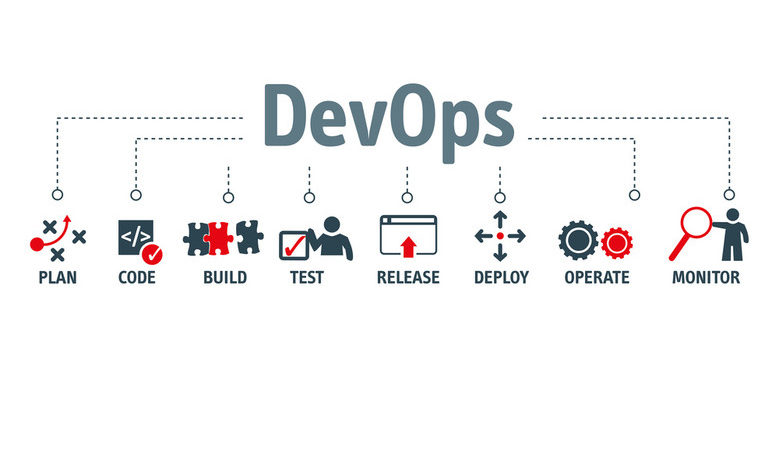Scale at speed — is the endgame.
The startup revolution continues to take the world by storm. Activity is stronger than ever across Europe, especially in London, which remains the biggest startup hub outside of Silicon Valley and a market rich with venture capital funding. But that doesn’t mean every venture will catapult to rapid growth. Far from it, for every business success story, there are inevitably several failures. But there are a few things startups can do to improve their chances of success. A common trend among the most successful is their readiness to leverage technology to get visibility and control in converting their business strategies into business action.
What are the biggest tech hubs in the UK – and which is right for your business?
A tech-first approach
Establishing strong foundations for scale in strategy and execution from the very start is the cornerstone of success to any new venture. These startups ensure they supplement their ideas with the right team, alignment to the right target markets, and provide value and differentiation to their offering. The success, or failure, of these coming together to realise the business vision is determined by the efficiencies in how systems and processes are built, executed and measured. Businesses need to identify the complexities that could slow them down, like disconnected systems, data silos, and manual record-keeping. Investing in integrated systems like enterprise resource planning (ERP) early on can help simplify a range of processes from financial consolidation to customer relationship management (CRM).
Integrating all of these functions on one unified platform gives more visibility and control from the outset, and puts startups in a better position to navigate growth.
Once growth kicks in, rapid scale can follow. Wise businesses need to take a long-term view when it comes to technology investments, rather than just finding the solution they need today. Many startups are actually deterred from investing too heavily in technology upfront as they assume it will quickly become redundant and outdated. In the cloud age, however, this isn’t a factor. Modern, cloud-based solutions remain flexible and scalable over time, helping businesses remain agile as they grow.
Agility is one of the biggest advantages a startup has, and its ability to remain nimble will go a long way in helping it respond to changing market conditions and continue out-manoeuvring the competition.
Opportunities grow as startups mature, but so do the administrative and logistical tasks bound up in doing business. These processes run the risk of slowing growth, but savvy businesses can once again look to ERP systems to automate processes and win back time. Functions like financial consolidation, order management and inventory management can be managed directly through these platforms, which work off real-time data and eliminate the need for manual entry and double handling. These platforms allow businesses to retain a leaner workforce and focus more effort on value-generating functions that contribute to ongoing growth.
40% of Europe’s artificial intelligence start-ups found to lack AI
International ambitions
Before long, many growing businesses start to set their sights on international markets, which are even more accessible in an e-commerce age. However, many growing businesses sacrifice a lot of productivity when entering international markets as they struggle to navigate different currencies, different languages and new regulatory environments.
These complexities are often compounded when a business enters multiple international markets in quick succession and must juggle several different variables at once. This is where the right technology can make a real difference by handling currency conversions, local tax and regulatory requirements and language translations within the platform.
Better technology helps make better decisions
The right technology doesn’t just reduce complexity, it helps businesses make better decisions. As companies grow and fragment across different markets, it becomes harder to attain a clear, up-to-date picture of performance. And yet this visibility is vital for forward planning.
When business functions are managed centrally through an intelligent platform, organisations have instant access to real-time data on critical business functions like cash flow or inventory levels. This intelligence allows companies to make more informed business decisions, and act swiftly to overcome obstacles. Data also offers businesses the opportunity to get to know their customers better, through observing patterns and signals in their interactions with the brand. Not only does this help a business identify new opportunities, it also puts them in a better position to tailor their services and personalise their communications. The end result is a better experience for customers which, ultimately, drives loyalty.
The reimagining of IT and technology in a business world: collaboration necessary
Successful startups have always had a forward-thinking approach to technology. Whether they’re embedding it into their products, using it to break into new markets, or reduce operating costs, it provides solid foundations on which businesses can grow. Now the best startups are learning that technology can also help support their internal processes during rapid growth, and are eagerly investing in systems that can scale alongside them.
Written by Harish Mohan, VP, strategy and international operations at Oracle NetSuite
Nominations are OPEN for the Tech Leaders Awards, organised by Information Age and taking place on 12th September 2019 at the Royal Lancaster, London. Categories include CIO of the Year, CTO of the Year, Digital Leader of the Year and Security Leader of the Year. Recognise and reward excellence in the tech industry by submitting a nomination today







